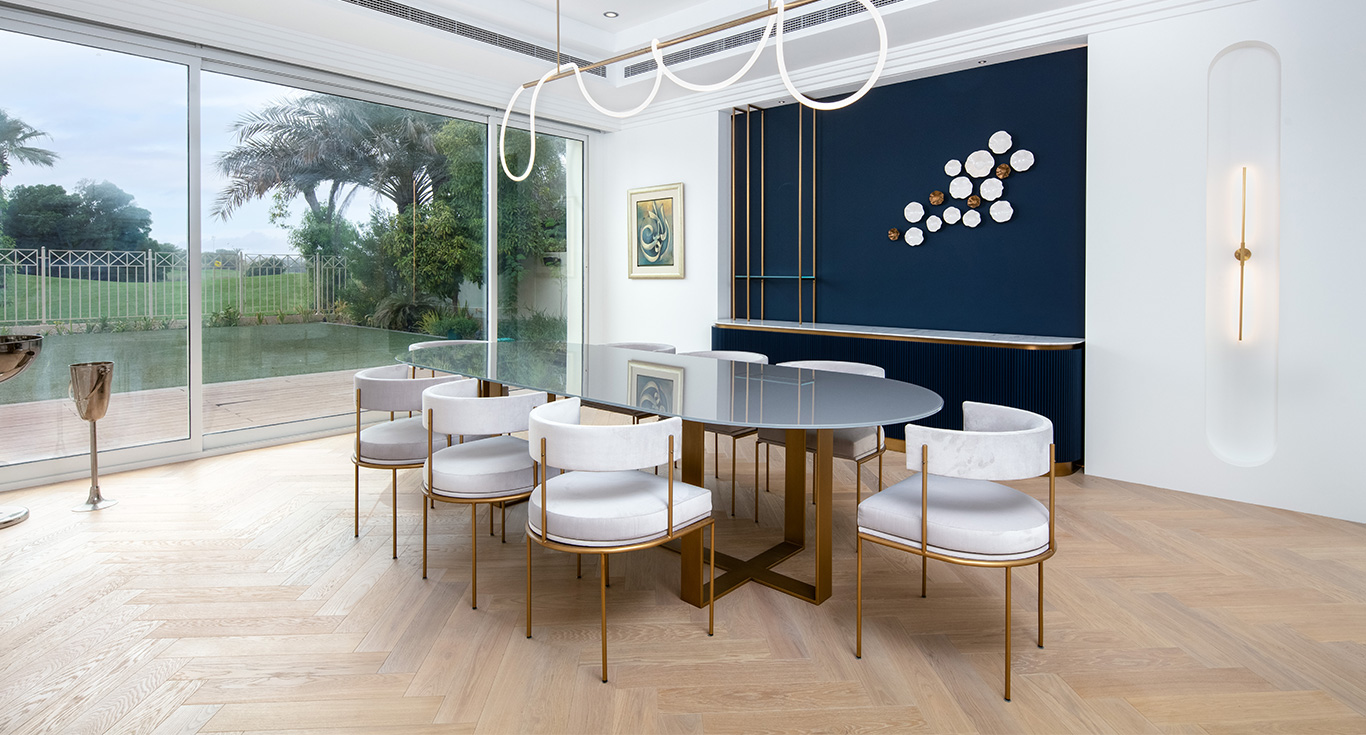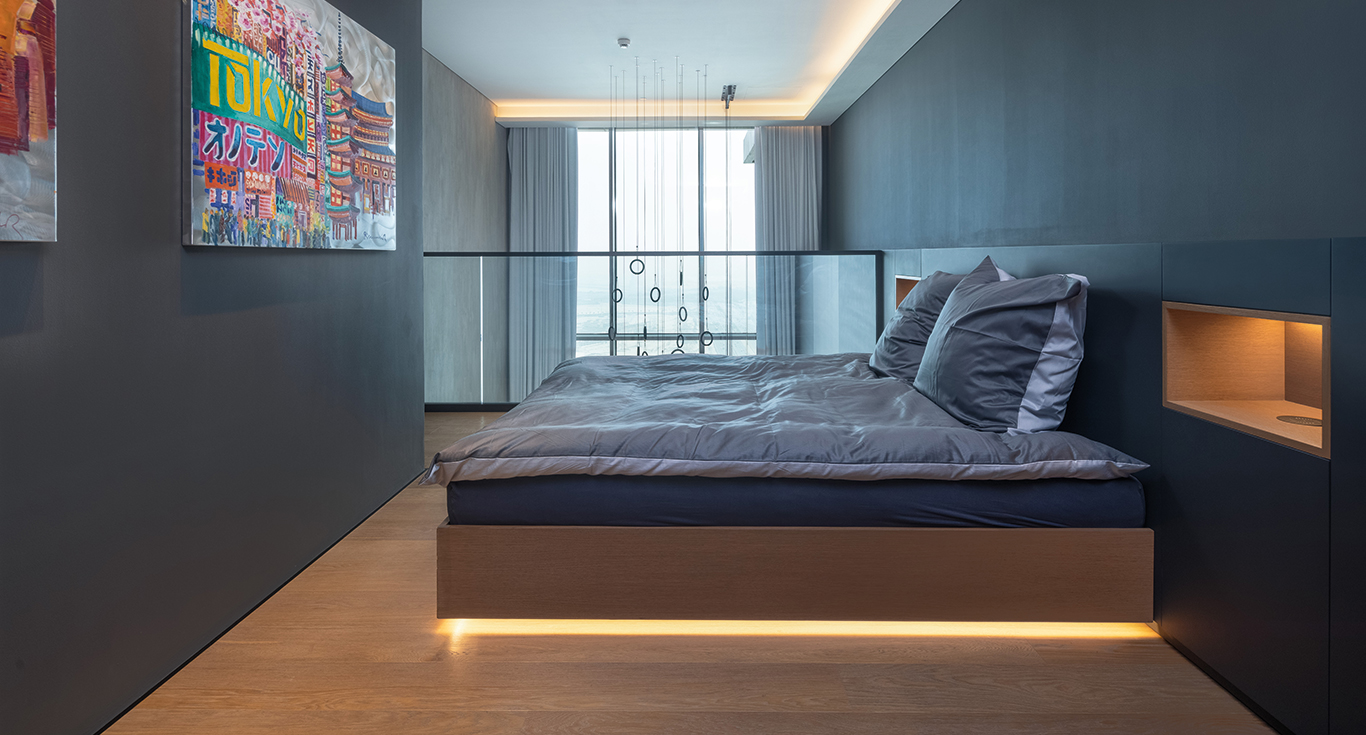How to Match Wood Flooring and Wall Paint Color
November 22, 2024

Choosing the right colour combination is one of the trickiest parts of home design. It’s not just about selecting a wall paint colour or wood flooring you love; you must also consider whether they work well together.
Matching wall and floor colours can seem complicated, with so many options to choose from, especially if you’re new to interior design. However, it doesn’t have to be overwhelming. Following our simple guide can help you create a cohesive colour scheme that suits your space and reflects your style.
With these tips, you can find the right balance between paint on the walls and wood floors, making a room that feels harmonious, warm, and totally yours.
Consider the Undertones of Your Wood Flooring
Every type of wood flooring has undertones that can influence the compatibility with your wall paint colour.
Warm undertones
Warm wall colours go well with wood with warm undertones, like cherry or oak, with golden or reddish tones. Creams, warm greys, or earthy tones like terracotta can create a cosy and welcoming mood.
Cool undertones
Wall colours that go well with cool undertones include gray-stained or ash wood. Soft blues, cool whites, and subtle greens keep a modern, calm look.
Understanding the natural undertones of your wood flooring will help narrow down your wall colour options.
Light vs. Dark: Creating Contrast or Harmony
The colour intensity of your walls and floors should be complementary, either contrasting or in harmony with each other.
Light wood flooring
For light wood flooring, consider contrasting it with darker wall colours to add depth to the room. Navy blue, charcoal grey, or even forest green can make the space feel grounded.
Dark wood flooring
For dark wood flooring, lighter wall colours such as soft whites, muted pastels, or light greys can brighten the space and create balance.
Matching tones can also work well if you prefer a more seamless and harmonious aesthetic, provided the undertones remain consistent.
When In Doubt, Use Neutral Colors
Many people choose neutral colours for their walls because they look great with both warm and cool wood floors. White, brown, and light grey never go out of style, so they’re a safe and stylish choice for any room.
In areas where the furniture or decorations are the main focus, neutral tones are great because they let these accent pieces stand out without clashing with the floor. If you need help figuring out where to start, neutrals are always a dependable choice.
Let the Room’s Function Influence Your Choices

Different rooms serve different purposes, which should influence your decision:
- Opt for warm wall colours in living rooms to create a relaxing and welcoming environment.
- In bedrooms, cool tones often work better to promote a calming effect.
- In kitchens and bathrooms, light and neutral tones can make the space feel airy and clean.
Bring in Natural Light
Natural light changes the way wood floors and wall colours look. If the room gets a lot of sunshine, you might want to use darker paint colours. On the other hand, rooms with less light should probably use lighter colours.
To inch you closer to a well-thought-out decision, try applying a swatch of the wall paint colours you like in different lighting and areas of the room to see how they look with your chosen wood flooring.
Think About the Entire Space
While walls and floors are vital to your home’s interior design, don’t overlook other aspects like furniture, rugs, and decor. These pieces should complement the overall colour palette. For example, if you have dark wood flooring and light walls, consider adding accent pieces that echo the flooring’s tone to achieve a balanced and cohesive space.
Conclusion: Balance Is Key
It doesn’t have to be hard to find paint colours that complement wood floors. Make sure that the undertones, colour intensity, and room function are all in balance. Try out some samples, think about how the light is in the room, and take your time considering all the possible colour combinations to ensure you are satisfied with the aesthetics of your space.
Walls and floors that complement each other will make your home look and feel more cohesive.
For additional tips on choosing the perfect flooring for your home, explore our collection at Nordic Homeworx or check out this guide to wood flooring maintenance.

Warm Regards,
Pauline Madani
Founder & Managing Director Nordic Homeworx





